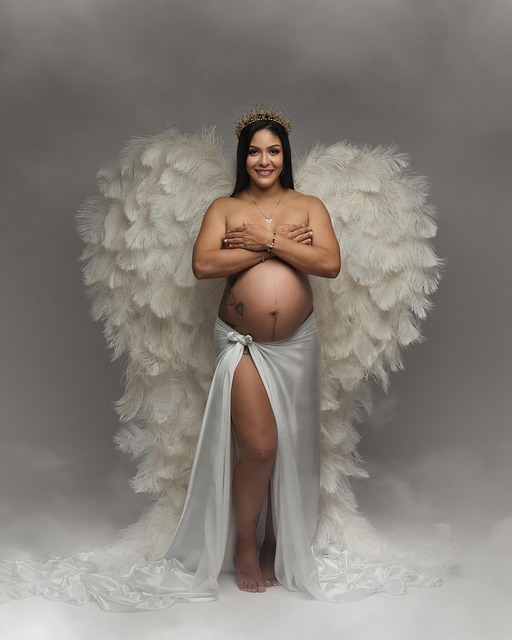Hey there! If you’re curious about becoming an egg donor, you’re not alone. We totally get that this is a big decision, and you probably have tons of questions. So let’s break down the most common inquiries about egg donation in a friendly and straightforward way.
What’s an egg donor?
An egg donor is a woman who donates her eggs to assist individuals or couples facing infertility challenges. These eggs are then utilized in fertility treatments like in vitro fertilization (IVF) to help others start their families. Donors go through a medical screening and receive compensation for their time and commitment.
How long does the egg donation process take?
Typically, the whole egg donation process spans about 4 to 6 weeks. This timeframe includes initial screenings, a medication cycle to prep your body, regular monitoring, and the egg retrieval itself. Don’t worry; you’ll have a dedicated team guiding you through each step to ensure you’re comfortable.
How many times can I donate?
You can donate up to six times with us! Each cycle allows you to help multiple families while being compensated for your valuable time. After every donation, we keep track of your health to make sure you’re ready for the next one.
What happens after egg retrieval?
Post-retrieval, you might feel some cramping, bloating, or mild discomfort, but these symptoms usually fade within a few days. We’ll schedule a follow-up appointment to check on your recovery. Just remember to stick to the aftercare instructions your fertility team gives you.
Will egg donation impact my future fertility?
Nope! Donating eggs won’t affect your ability to have kids later on. Your ovaries will continue to work just fine after the process. We only take a small number of eggs, leaving the rest intact for your future reproductive health.
Can I donate if I have an IUD?
Yes! If you have an IUD, it can be removed before the egg retrieval. Your fertility team will walk you through what needs to be done.
What do I need to be eligible to donate?
To become an egg donor, you should be between 21 and 31 years old, have a BMI under 30, have regular menstrual cycles, and be in good health overall. We’ll conduct additional screenings to ensure you’re a good fit.
Are there height or weight requirements?
Yes, we do require a BMI under 30. While there aren’t specific height requirements, maintaining a healthy weight is essential for both your health and the success of the donation.
Can I be listed with other programs?
We ask that you focus solely on our program once you’re selected for a cycle. This way, everyone involved can receive the best care possible.
Can I donate if I’m not from the U.S.?
Unfortunately, we require that donors live within the U.S. since the process involves several in-person appointments.
What about compensation? How much will I receive?
You’ll receive $10,000 per donation cycle at our facility. If you choose to donate multiple times, your total compensation could go up to $60,000!
Is the compensation taxable?
Yes, it is considered taxable income. It’s a good idea to talk to a tax professional to understand how this might affect your situation.
What costs will be covered?
We cover all medical expenses linked to the egg donation process, including screenings, medications, monitoring visits, and the retrieval. We may also cover reasonable travel and lodging costs if needed.
How much time do I need to set aside?
The egg donation process generally takes about 4 to 6 weeks. We’ll ensure that it fits into your schedule as best as possible.
Are there side effects from the medications?
Most donors handle the meds well, but some might experience mild bloating, breast tenderness, or mood swings due to hormonal changes. These effects usually pass quickly.
Should I avoid sexual activity during this time?
Yes, it’s best to steer clear of sexual activity during the stimulation phase and after retrieval. This helps minimize the risk of complications and allows your body to recover.
Is there a demand for donors of my ethnic background?
Definitely! Many intended parents look for donors that match their own genetic traits or cultural preferences. We work hard to match donors with families based on physical characteristics and personal values.
How do intended parents choose donors?
They typically look at physical appearance, health history, and personality traits, along with educational background and interests. Our team helps them navigate this process by providing detailed profiles.
Will the child be able to contact me in the future?
That varies based on the type of donation. For anonymous donations, there won’t be any contact. In open arrangements, future communication might be possible, but it’s up to the agreement made between you and the intended parents.
If you’re still curious about becoming an egg donor, we’re here to help! You can check out more about various conception methods here. Also, for an excellent resource on pregnancy and home insemination, visit here. And if you’re looking for an authority on the topic of home insemination kits, take a look here.
To sum it up, egg donation is a significant and rewarding choice that can help others start their families. If you feel drawn to this path, know that you’ll be well-supported every step of the way.

